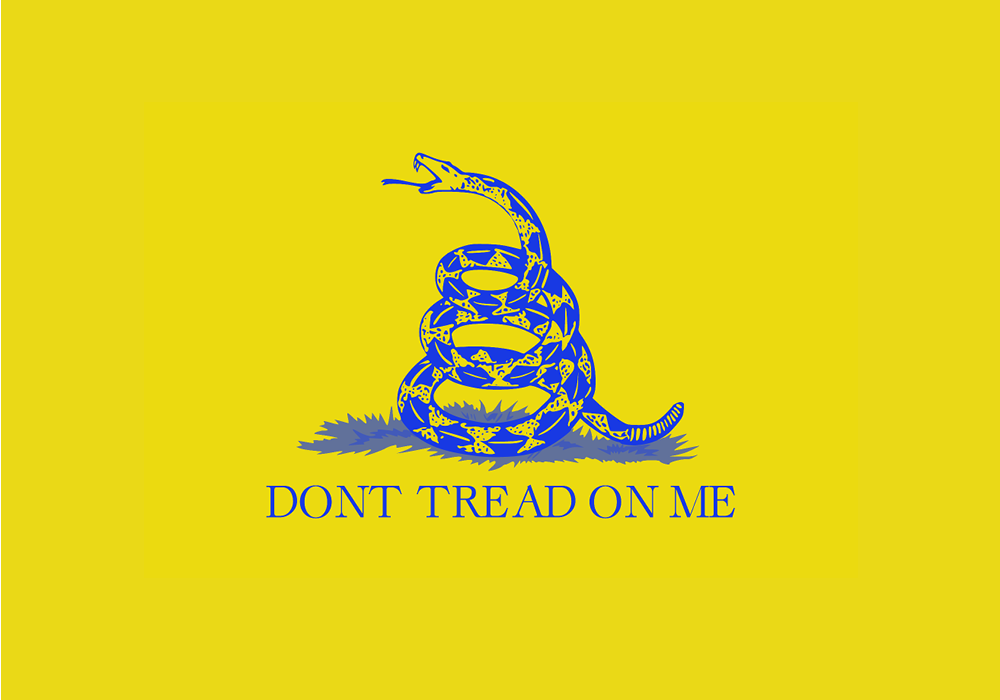
How did cultural and political developments identified by revisionist historians interact with the social and economic changes experienced by the wider French population? Questions have been raised about how political ideas were translated into concrete action on the streets of Paris? How could the revolutionary political culture mobilise the peasantry and urban poor? Several historians have argued that there must be a re-examination of the social causes of the Revolution. In the last decade ‘revisionist’ accounts of the Revolution that emphasise politics and culture have themselves been challenged. There was also more interest in events outside of Paris and in the French Empire. The spread of second and third wave feminism led to more interest in the role of women in the French Revolution. The post-war period also saw interest in the Revolution shift to encompass previously overlooked groups. It was this culture, these revisionist interpretations argued, that prompted the events of 1789. This culture was expressed in the increasing number of journals, newspapers, pamphlets and books and found a forum in the spread of coffee shops, salons, societies and clubs.

The emergence of a revolutionary political culture has been identified. Instead, they focused on the role political and cultural causes played in fomenting the Revolution. This critique increasingly led historians to move away from social and economic causes as explanations for the Revolution. Economic and social status were, therefore, revealed to be a poor guide to political behaviour and the idea of monolithic ‘classes’ out for their own economic interests increasingly untenable. Indeed, the French nobility was relatively open and rich commoners bought and married their way to social mobility. Nobles were also involved in trade and finance, whilst many wealthy bourgeoisie purchased patents of nobility. Moreover, the distinction between noble and commoner was not as clear as once supposed.

Critics pointed out that there were many nobles amongst those clamouring for reform in 1789. The Marxist interpretation of the French Revolution was increasingly challenged after 1945.


In 1789 the bourgeoisie made common cause with the peasantry and the urban labouring classes to begin the Revolution. In this reading the Revolution resulted from a struggle for power between the old feudal nobility, whose status was based on the ownership of land, and the bourgeoisie, who acquired wealth through trade, finance and the professions. From the late nineteenth century, explanations based on the theories of Karl Marx became dominant. Early, royalist and clerical interpretations of the Revolution cast it as a conspiracy orchestrated by Enlightenment philosophes. Historians have identified multiple causes of the French Revolution, both long and short term.


 0 kommentar(er)
0 kommentar(er)
